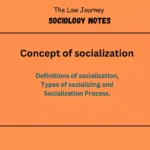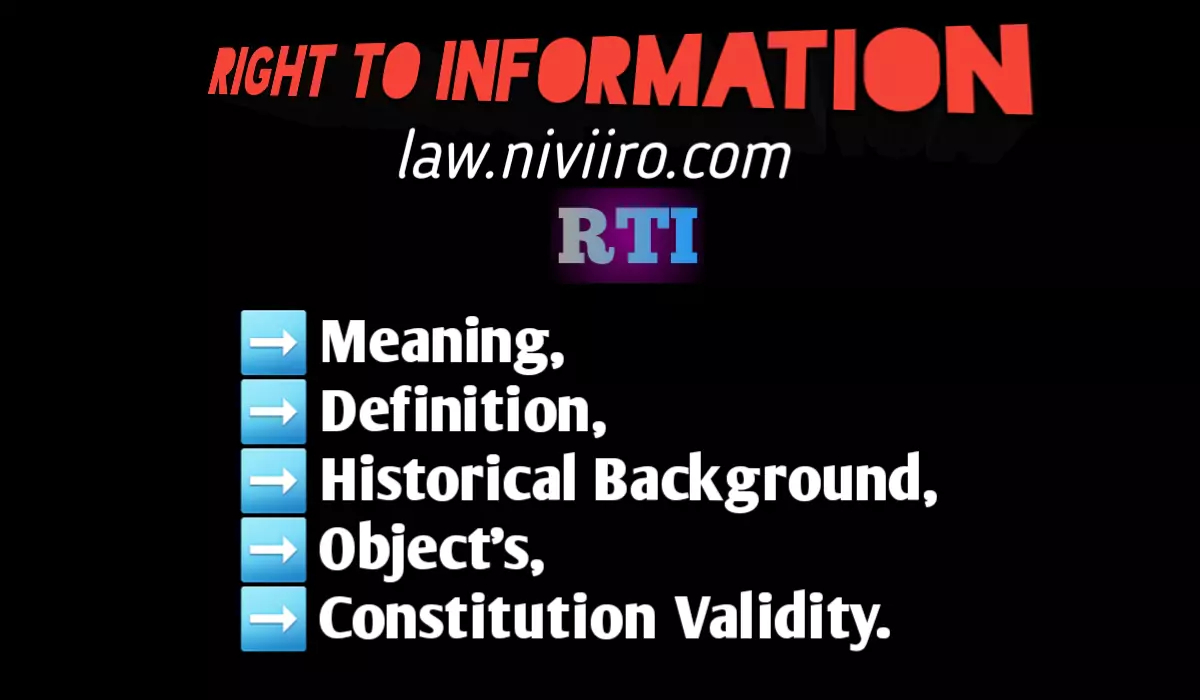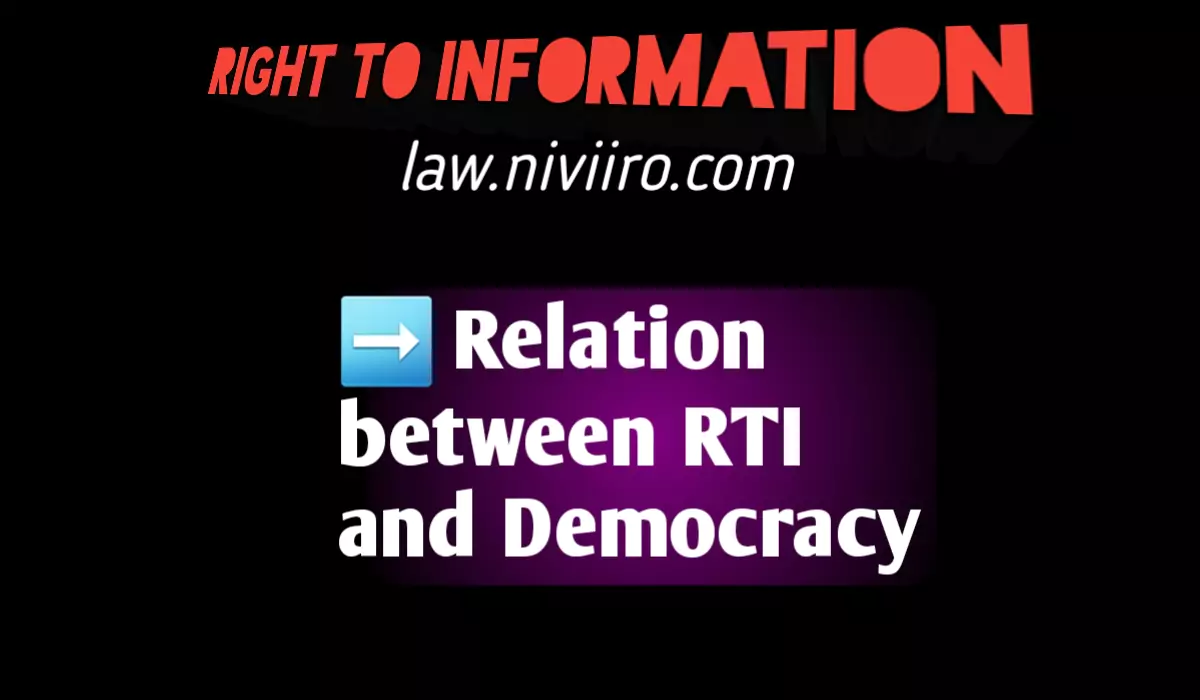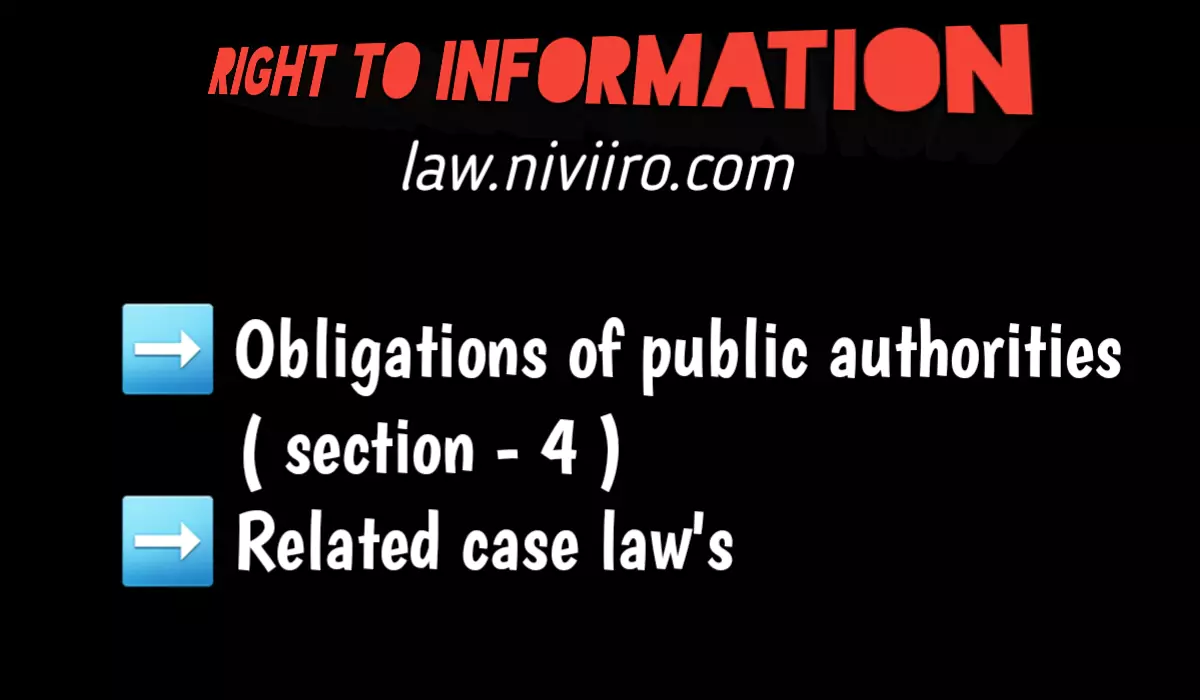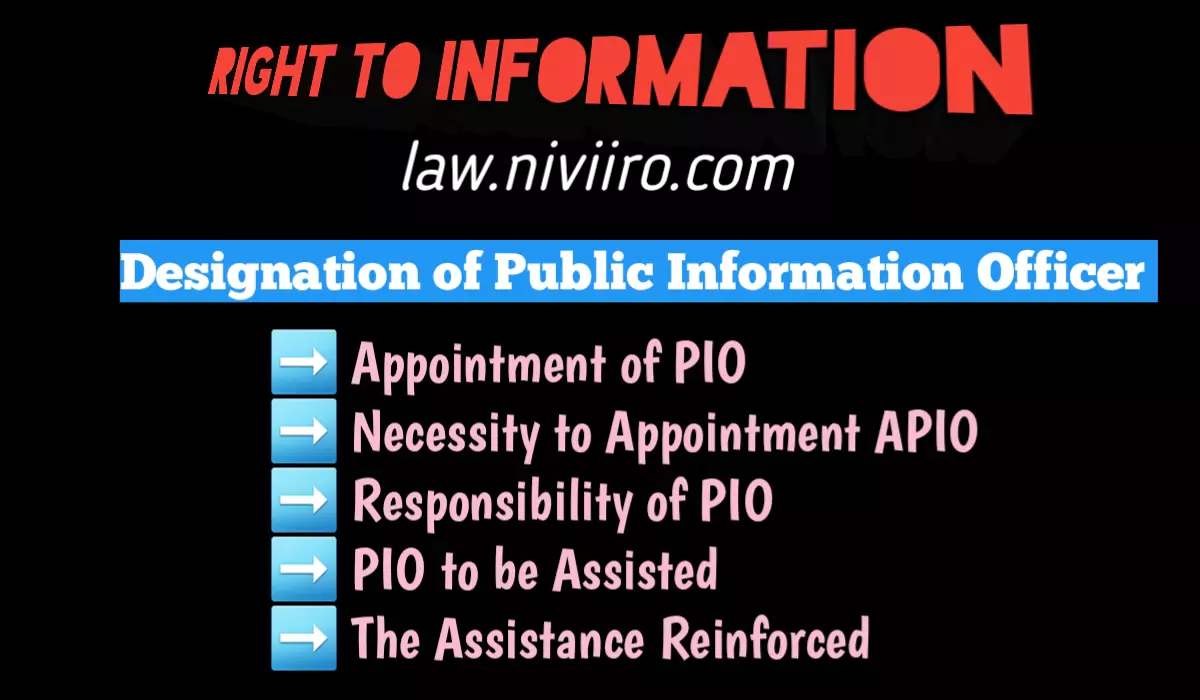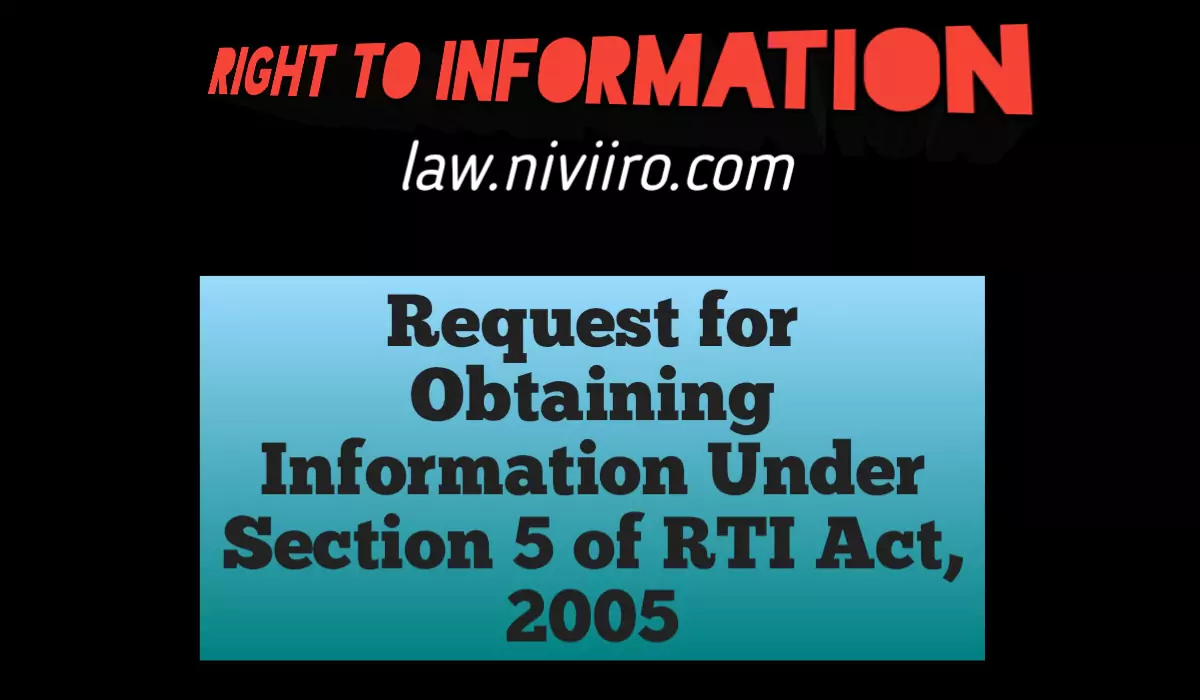Meaning of RTI – it means right of every citizen to access information of public interest which is under control of public authority. in order to ensure transparency accountability in administration and participation of common man in governance. So the act was enacted.
Definition Of RTI
Right to Information (RTI) is defined under Section 2(j) as:
“right to information” means the right to information accessible under this Act which is
held by or under the control of any public authority and includes the right to—
(i) inspection of work, documents, records;
(ii) taking notes, extracts, or certified copies of documents or records;
(iii) taking certified samples of material;
(iv) obtaining information in the form of diskettes, floppies, tapes, video cassettes or
in any other electronic mode or through printouts where such information is stored in
a computer or in any other device.
Historical background of the movement for RTI act, 2005
The RTI movement in India started in early 1990 in Rajasthan where majdur kisan Shakti sangathan (MKSS) Member fought for their wages during femine & wanted transparency in records. MKSS demanded copies of old documents related to public works, important of which were muster Role,wages due & paid.it was accepted by the collector but village development officer refused to comply, MKSS started ‘Dharana’ which continued for 52 days.
When deputy CM of Rajasthan announced in May 1997,that,state government had issued notification allowing people to have information related to panchayat or village local institution government . Copies of muster role were given but order was not fully implemented .MKSS movement led to national comaign for RTI . the consumer education & research council of Ahemdabad, & the Press council of India drafted Model law of RTI in 1993. The national commission headed by Justice M.N. Venkatachaliah who also emphasized on the importance of RTI in following word’s:
” RTI can usher in many benefits, such as speedy disposal of cases , minimising, manipulative & dilatory tactics Of the badudam, last but most importantly putting & considerable check on draft & corruption.”
Before the passing of RTI act 2005 following states had enacted RTI act in their respective States.
1. Tamilnadu (1997 1st state)
2. Goa (1997)
3. Rajasthan 2000
4. Maharashtra 2000
5. Karnataka (2000)
On 15 July 2005, RTI act was passed in parliament and on 12 Oct, 2005 the act came to force.
Objects and Reason of The RTI Act, 2005
Mal administration ,Mis management and corruption are some of the problems of public offices. with the view to these problems and to promote transparency & accountability among the public officers, the parliament enacted RTI act 2005. Prior to the passing of this act its was not possible for the citizens to obtain information due to official secret act 1923. The RTI act promotes the concept of rule of law.
The basic object of the Right to Information Act is to empower the citizens, promote transparency and accountability in the working of the Government, contain corruption, and make our democracy work for the people in real sense. An informed citizenry will be better equipped to keep necessary vigil on the instruments of government and make the government more accountable to the governed.
Therefore object’s and reason of RTI act can be summarised as for following:
Legal framework – this RTI act 2005 provides legal framework. It provides legal framework to the citizens to access information.
promote accountability – this act promotes accountability of every public authority and it’s results in reduction of corruption.
harmonizing Conflicting interest – while preserving the paramountcy of democratic ideal other public interest which may conflict in right to information.
(A) efficient oppression of the government
(B)Optimum use of limited fiscal resources
(C) preservation of condentiality of sensitive information.
Constitutional Validity of RTI Act, 2005
1. Article 19(1)(a)
Guarantee the fundamental right to free speech and expression which includes right to excess information. it is a implied under Article 19(1)(a).
2. Article 21
It deals with right to life and personal liberty which include right to know about things that affect lives.
3. Article 51A
Imposes certain duties upon the citizens and the citizens with full information is better equipped for the performance of duties.
Related Post
- Central Information Commission | Composition | Term | Removal
- State Information Commission | Composition | Term and service | Removal
- Third Party Information Under RTI Act, 2005
- Severability Under the RTI Act, 2005 | Section 10
- Relation between RTI and Corruption
- Grounds For Rejection to Access Information In Certain Cases under RTI Act, 2005
- Exemption From Disclosure of Information under RTI Act, 2005
- Right to Information by K. B. Rai, 2020
- The RTI Story: Power to the People by Aruna Roy, 2018
- Right To Information Law & Practice by R. K. Verma, 2010
- Commentary on The Right to Information Act by J. N. Barowalia, 2010













